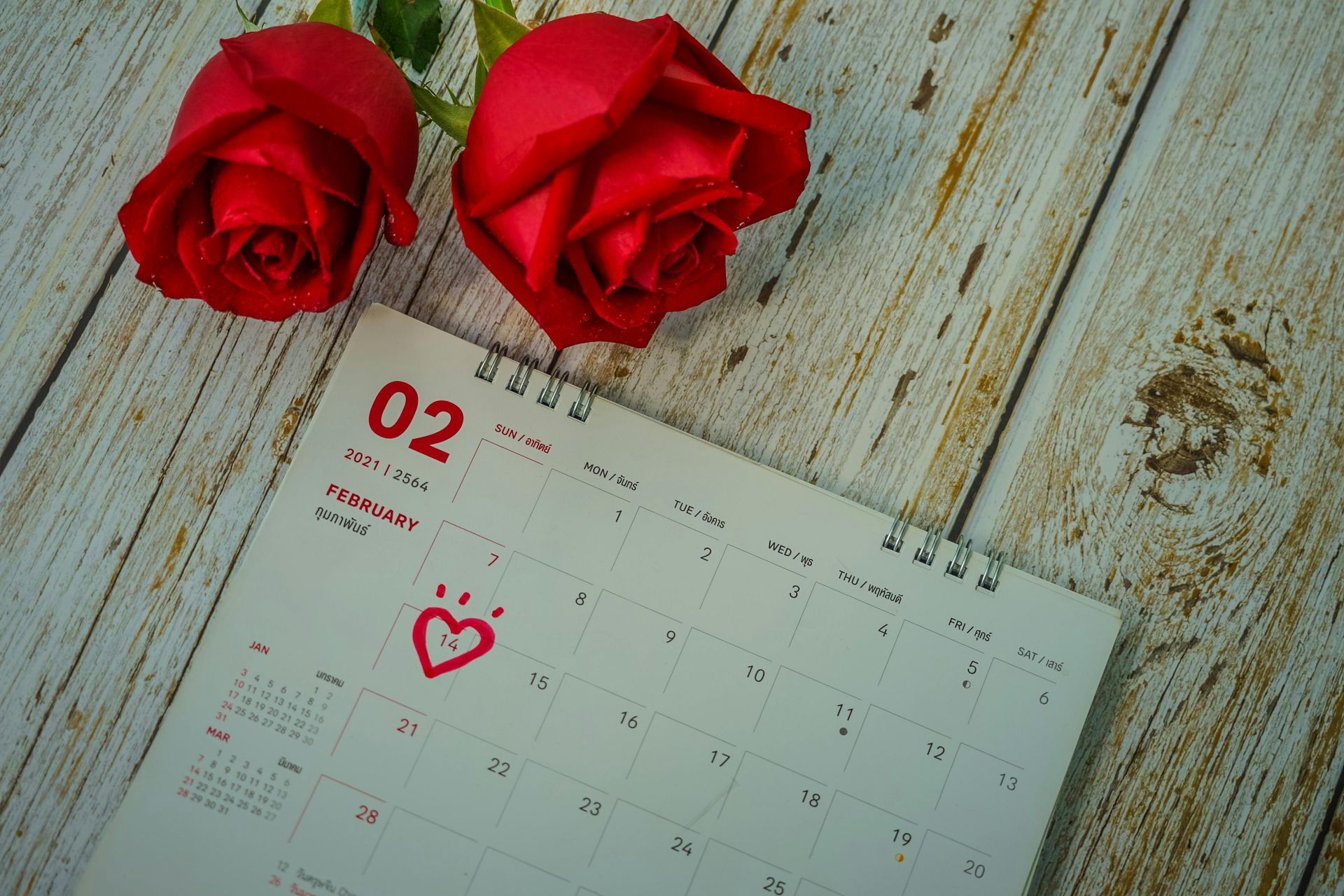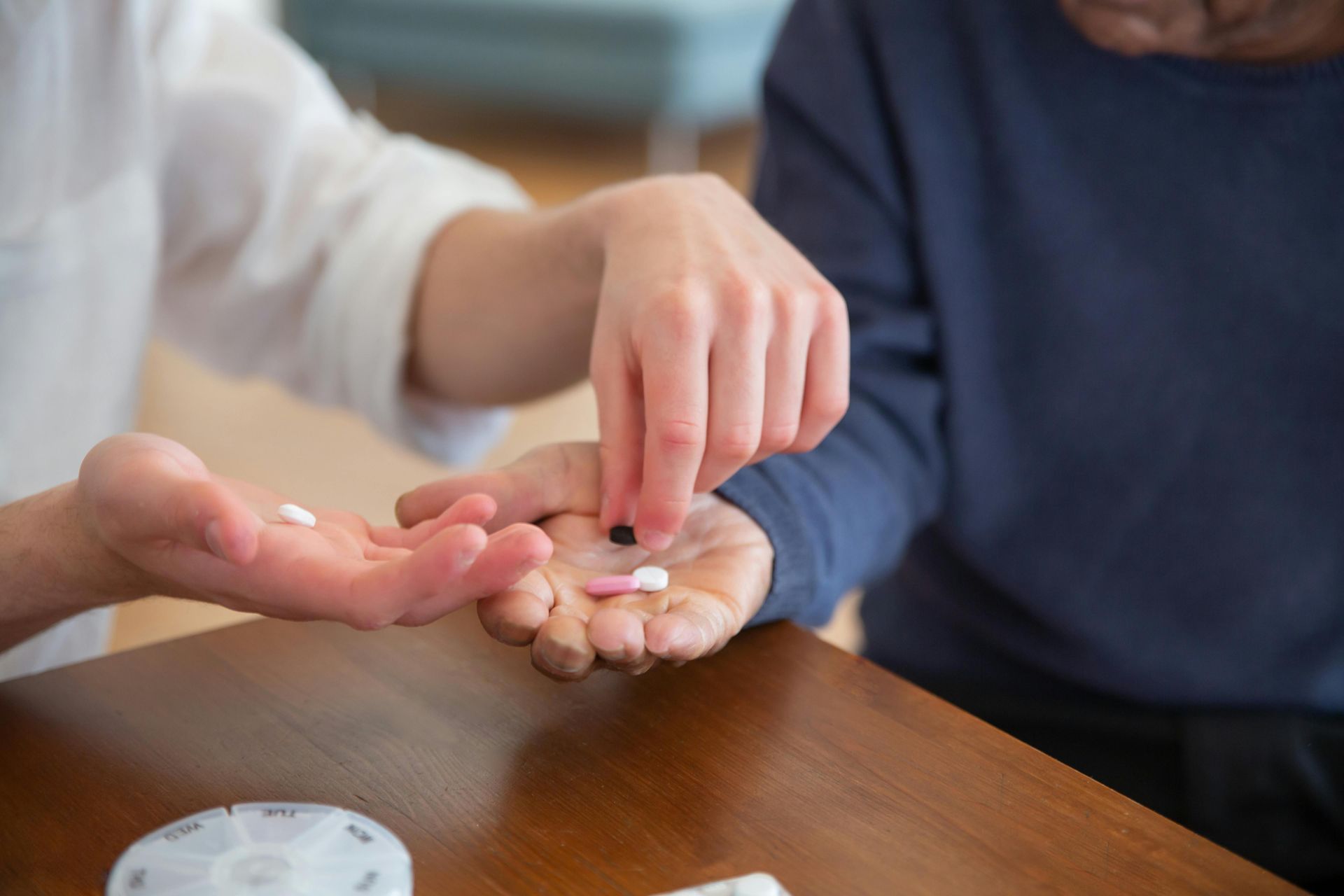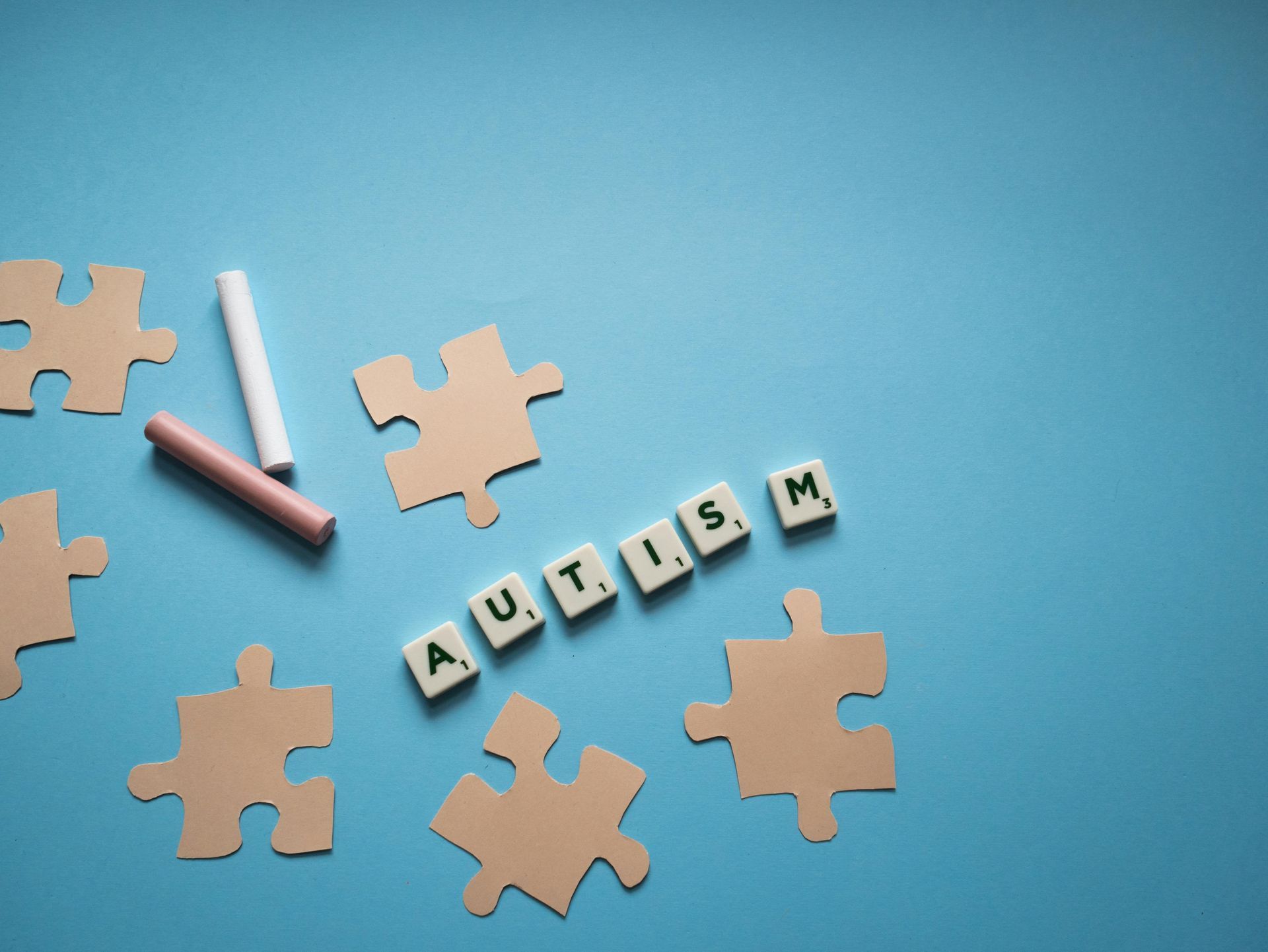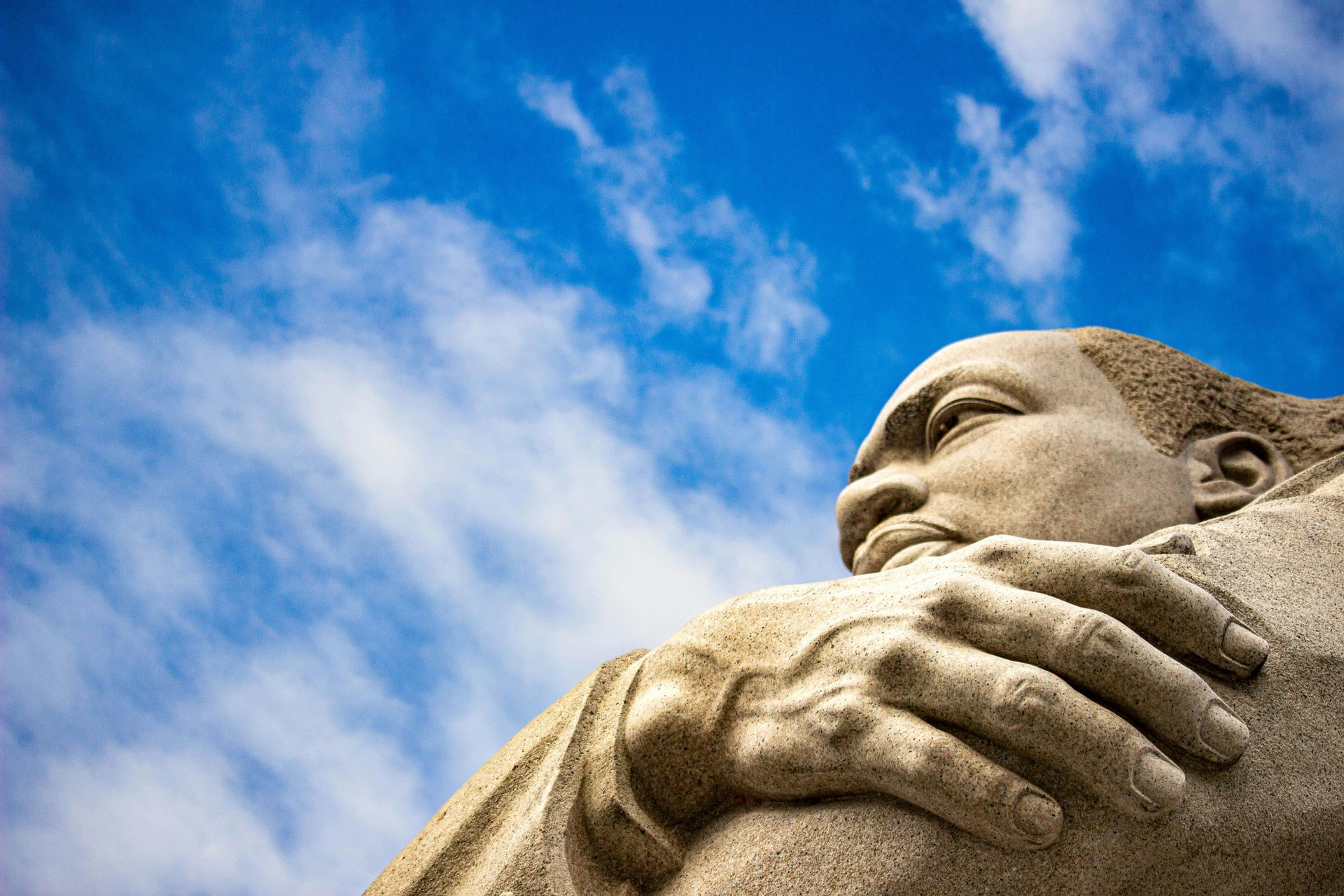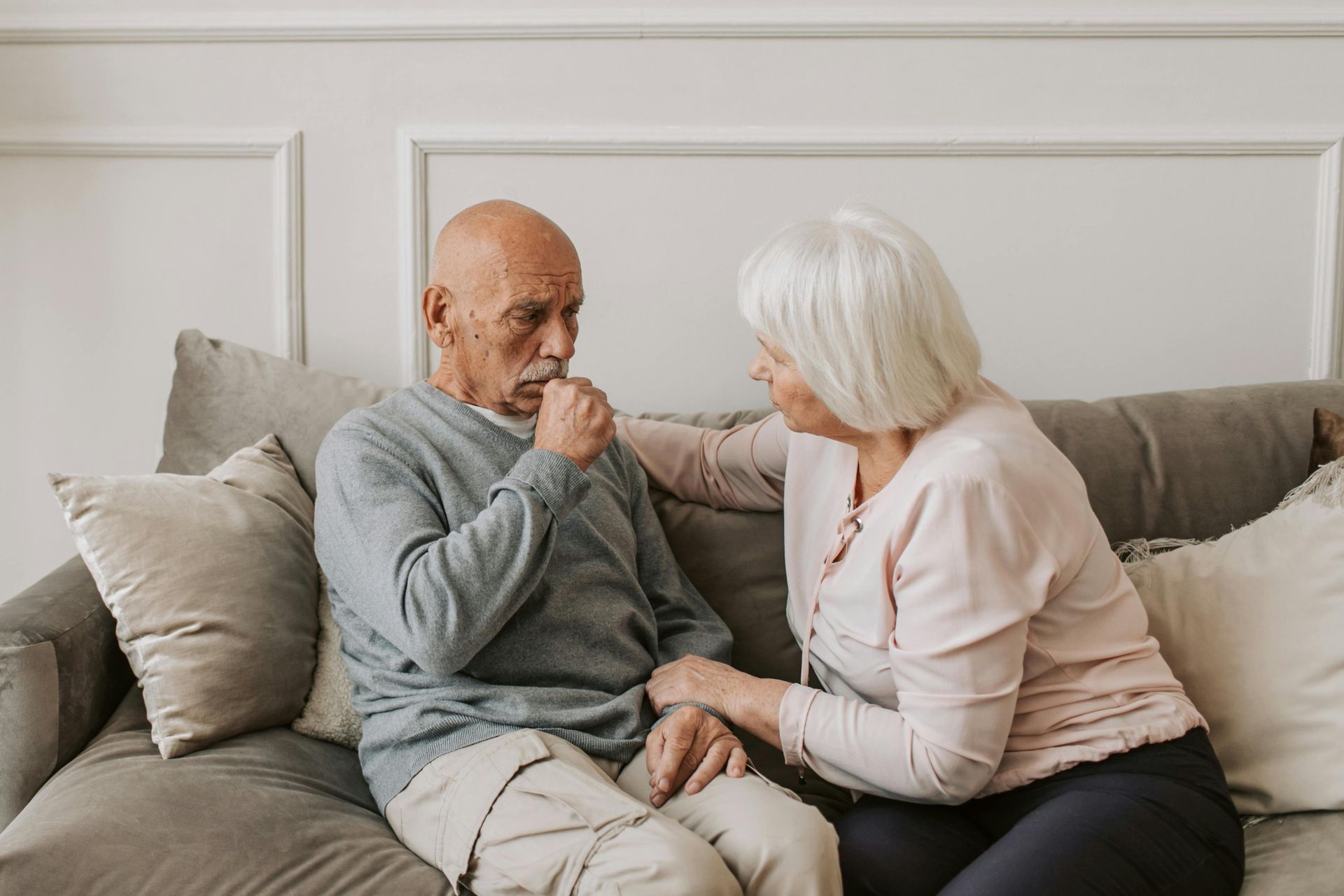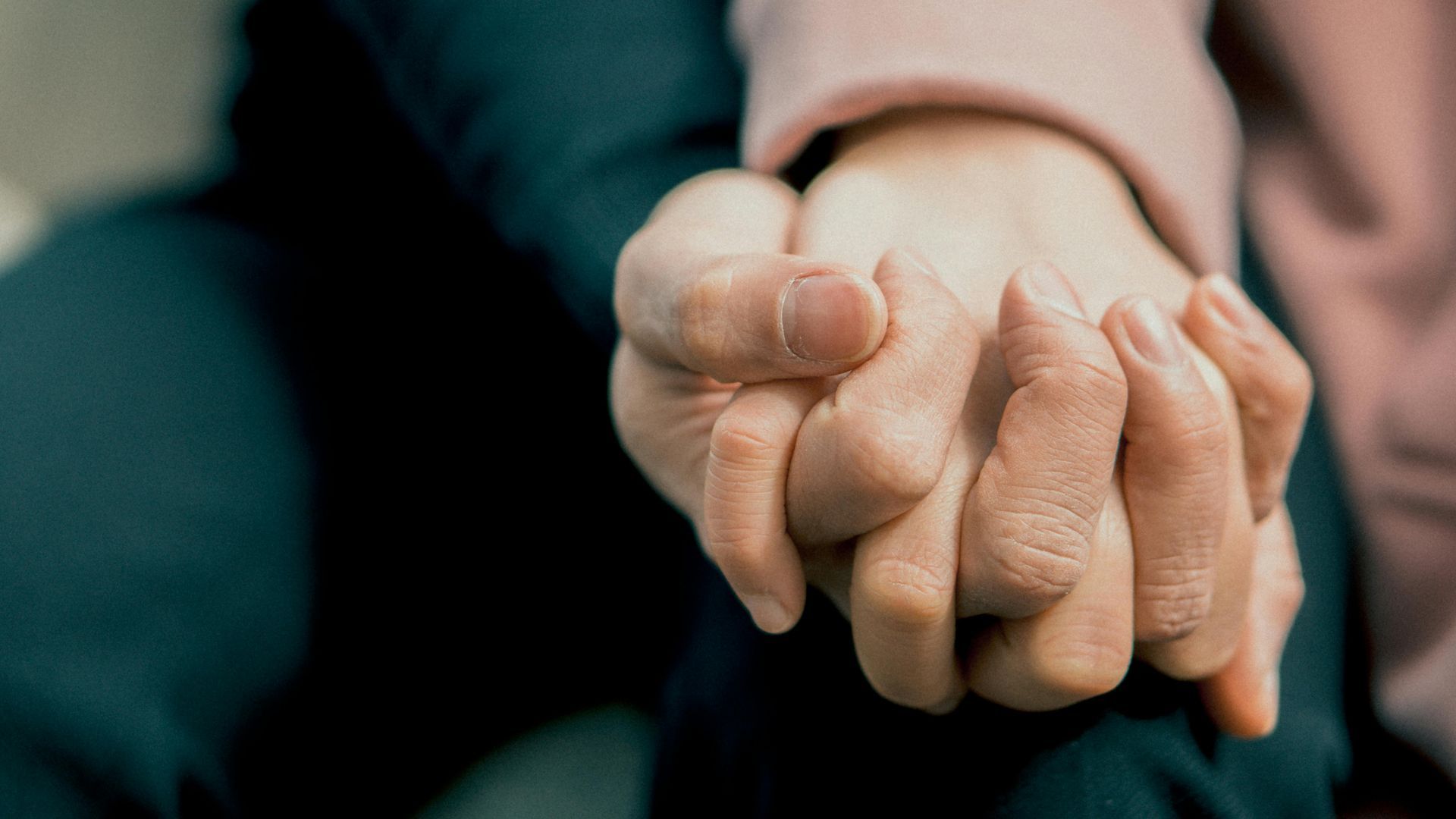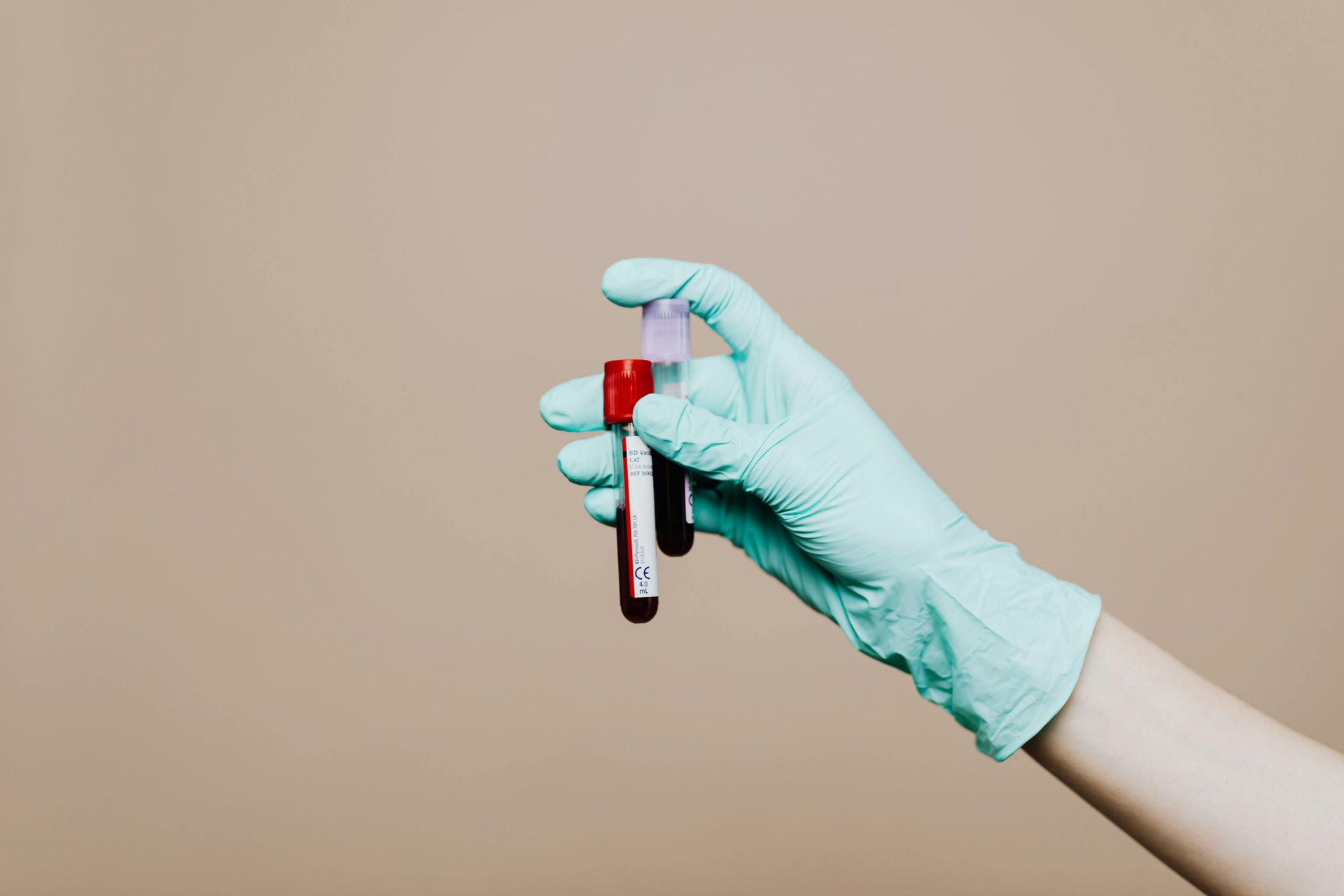April 2nd is National Autism Awareness Day, a day dedicated to raising awareness, fostering acceptance, and advocating for individuals on the autism spectrum. Autism is a neurodevelopmental condition that affects how a person communicates, interacts, and processes information—but it does not define a person’s potential.
Understanding Autism
✔ Autism is a spectrum, meaning it presents differently in every individual.
✔ Early diagnosis and intervention can help individuals access the support they need.
✔ Many autistic individuals have unique talents, perspectives, and contributions to offer society.
✔ Acceptance and inclusion are key to ensuring people with autism thrive in their personal and professional lives.
How Can You Support Autism Awareness?
🌍 Educate Yourself & Others – Learn about autism and help dispel myths surrounding the condition.
💙
Practice Inclusion
– Advocate for workplaces, schools, and communities that embrace neurodiversity.
🤝
Support Families & Caregivers
– Listen, offer assistance, and connect with organizations that provide autism-related services.
Awareness is the first step toward acceptance. This National Autism Awareness Day, let’s work together to create a world that values neurodiversity and supports individuals with autism in leading fulfilling lives.
#AutismAwareness #AutismAcceptance #Neurodiversity #InclusionMatters #SupportForAll

